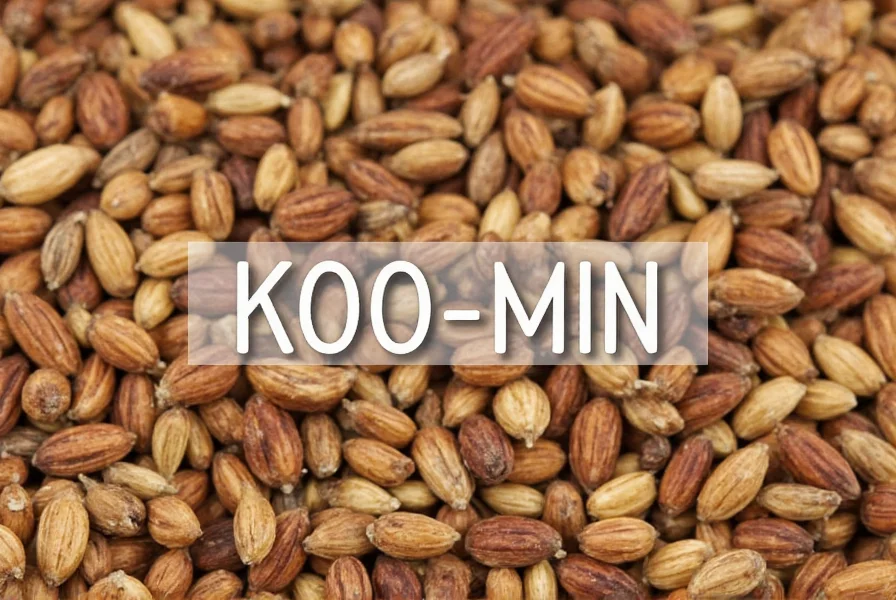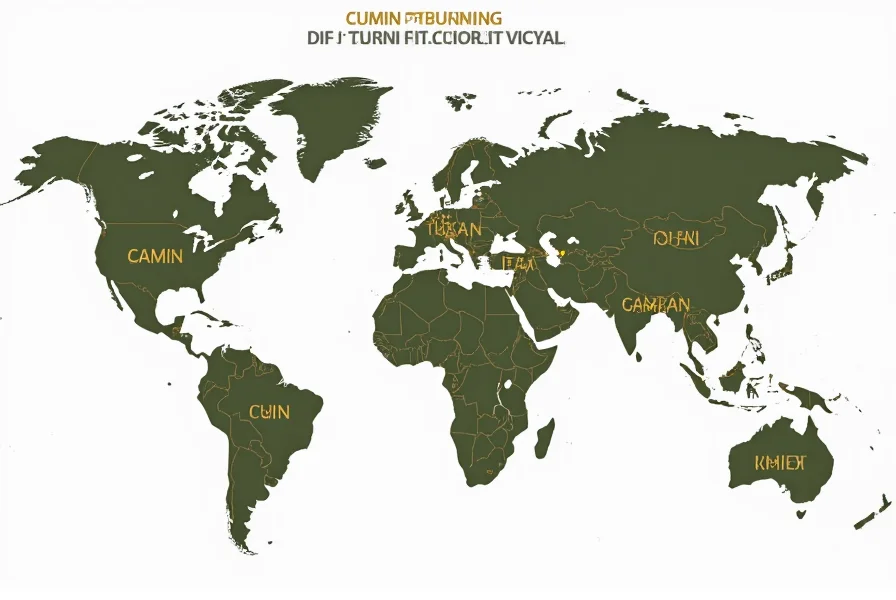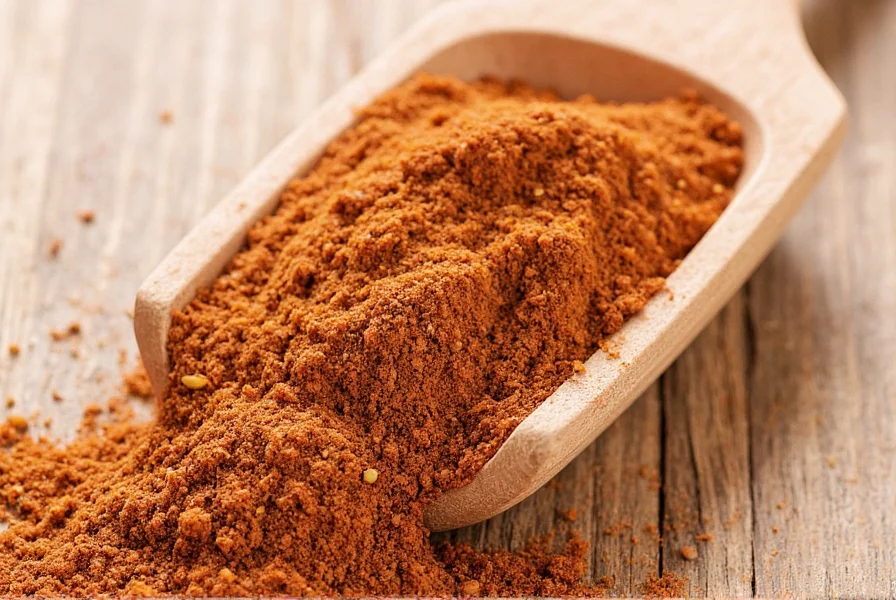Understanding how to properly say cumin matters whether you're ordering at a Middle Eastern restaurant, following a recipe, or discussing spice blends with fellow cooking enthusiasts. This small linguistic detail can prevent confusion in culinary contexts where precise communication enhances both learning and enjoyment.
Mastering Cumin Pronunciation: A Complete Guide
Cumin (Cuminum cyminum) isn't just a kitchen staple—it's a linguistic bridge connecting cultures through food. When someone asks \"how do you say cumin correctly,\" they're seeking more than phonetic instructions; they want confidence in culinary conversations. The word's pronunciation reveals its rich historical journey across civilizations.
Phonetic Breakdown: Saying Cumin Properly
The confusion around cumin pronunciation stems from its unusual spelling pattern. Unlike similar words like \"human\" or \"demean,\" cumin follows different phonetic rules. Let's examine the correct articulation:
| Variation | Phonetic Spelling | Audio Reference | Correctness |
|---|---|---|---|
| KOO-min | /ˈkuːmɪn/ | First syllable like \"coo\" in pigeon | ✅ Standard American English |
| KYOO-min | /kjuːmɪn/ | First syllable like \"cute\" without the \"t\" | ✅ Standard British English |
| CUH-min | /ˈkʌmɪn/ | First syllable like \"cut\" | ❌ Common error |
| coo-MEEN | /kuːˈmiːn/ | Stress on second syllable | ❌ Common error |
Notice that the stress always falls on the first syllable, never the second. The \"u\" makes a long \"oo\" sound as in \"moon,\" not a short \"uh\" sound. This distinction separates proper pronunciation from frequent mistakes.

The Linguistic Journey of Cumin
Understanding how to say cumin becomes easier when you trace its etymological path. The word entered English through several linguistic transitions:
- Originated from Greek kyminon
- Adopted into Latin as cuminum
- Passed through Arabic as kammūn
- Entered Spanish as comino
- Finally adapted into English as \"cumin\"
This historical journey explains why the spelling doesn't match intuitive English pronunciation patterns. Many English words borrowed from other languages retain spelling conventions that don't align with standard English phonics—a phenomenon linguists call \"etymological spelling.\"
Cumin in Global Languages
When exploring how do you pronounce cumin across different cultures, you'll discover fascinating variations that reflect each language's sound system. Here's how this essential spice is named worldwide:
| Language | Term for Cumin | Pronunciation Guide | Literal Meaning |
|---|---|---|---|
| Spanish | Comino | coh-MEE-no | Derived from Latin |
| French | Cumin | kyuh-MAN | Similar to English |
| Arabic | كمون (Kammūn) | kah-MOON | Double emphasis on \"m\" |
| Hindi | जीरा (Jeera) | JEE-rah | \"Digestion\" related |
| Chinese | 孜然 (Zīrán) | dzuh-ran | \"Self-so\" (natural) |
Notice how the English pronunciation preserves more of the original Arabic sound than many other European languages. When discussing international recipes, knowing these variations helps prevent confusion—especially since \"jeera\" in Indian cooking refers to the same spice Western recipes call cumin.

Why Correct Cumin Pronunciation Matters in Culinary Settings
Professional chefs and home cooks alike benefit from proper spice terminology. Mispronouncing cumin as \"coo-MEEN\" might lead to:
- Confusion with other spices like cardamom or caraway
- Miscommunication in professional kitchen environments
- Difficulty when searching for authentic recipes online
- Reduced credibility when discussing culinary techniques
Consider this real-world scenario: A cooking class participant asking for \"coo-MEEN\" might receive puzzled looks from instructors familiar with Mediterranean or Indian cuisines where the correct KOO-min pronunciation is standard. Proper pronunciation opens doors to authentic culinary knowledge and builds rapport with experienced cooks.
Common Questions About Cumin Pronunciation
Many people wonder about regional variations and historical changes in how to say cumin. Language evolves, but certain pronunciations become standardized within professional contexts. Understanding these nuances helps you navigate culinary conversations with confidence whether you're at a farmers market, cooking class, or international restaurant.











 浙公网安备
33010002000092号
浙公网安备
33010002000092号 浙B2-20120091-4
浙B2-20120091-4